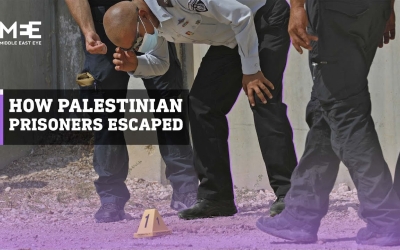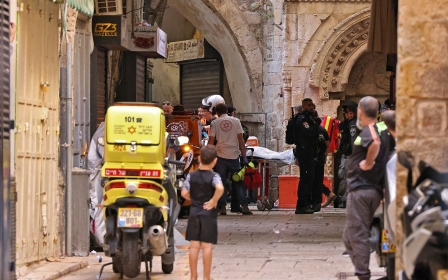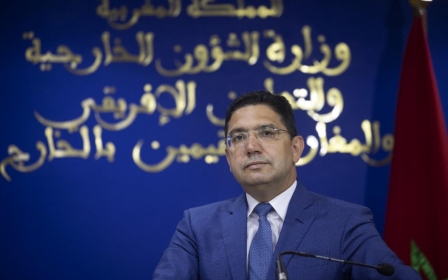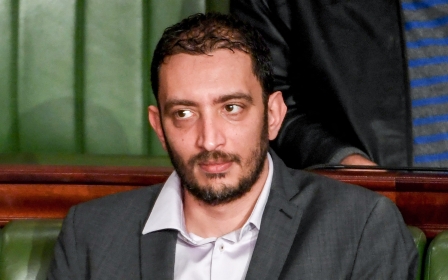Arabic press review: Palestinian who escaped Israeli prison tells his story
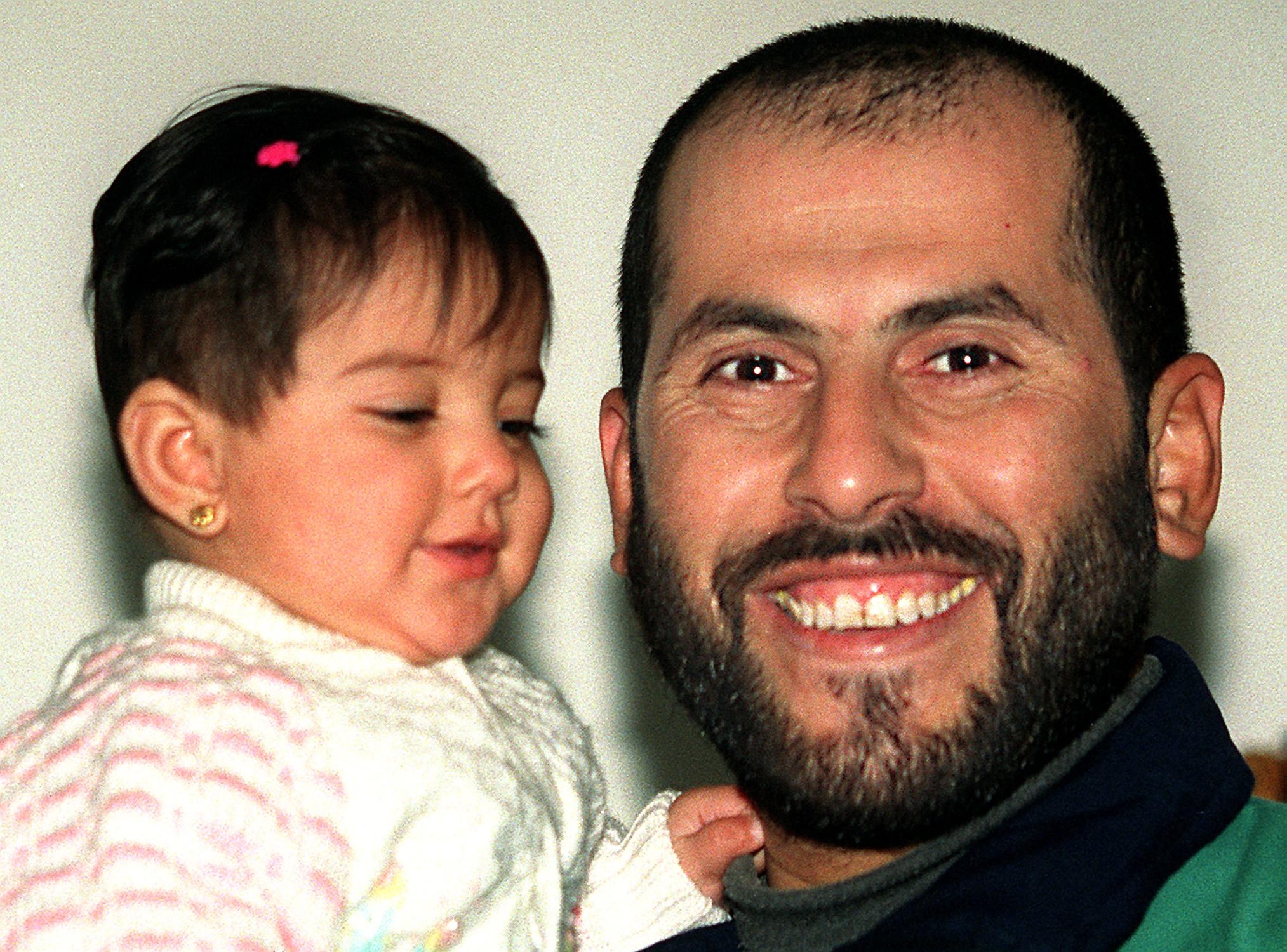
A Palestinian jailbreaker tells his story
While Israeli officials have been scratching their heads wondering how six Palestinians managed to flee Gilboa prison earlier this week, one famous escapee has talked about how desperate prisoners will always find new levels of resourcefulness.
Imad al-Din al-Saftawi, 55, participated in the Gaza Central Prison “Great Escape” operation of 1987. He told the Arabi21 news site that "a strong need motivates all the abilities and potential within the human being, which may not have been discovered”.
"The prisoner starts with looking at his resources and the means available to him, through which and by force he works to adapt them,” the jailbreaker said.
According to Saftawi, he needed to tackle a square screw 5mm in diameter in his bid to escape. Without the proper tools, he was forced to repurpose a spoon dish he had in his cell. Over several days, he and his companions carved the spoon dish into a screwdriver, which successfully removed the screw.
Though he escaped in 1987, Saftawi was re-arrested in 2000. He was released by Israel in December 2018.
Saftawi said prisoners prepare themselves for any eventuality while planning their escape.
“The prisoner may have to go on a diet to lose weight to be able to pass through the tunnel," he added.
Secrecy is paramount, he said. "Making a plan and maintaining confidentiality even from the closest people is very important at all stages of the process.”
Kuwait thinks it can bring Morocco and Algeria together
Kuwait wants to transport the spirit of Gulf reconciliation to the Maghreb, and has begun efforts to bring Morocco and Algeria back together, according to Kuwaiti Foreign Minister Ahmed Nasser al-Sabah.
On 24 August, Algiers announced it was breaking ties with neighbouring Morocco, in response to “hostile steps” taken by Rabat. Morocco called this a case of “false justifications”.
Yet according to the Alkhaleej website, Sabah used a press conference in Cairo alongside Ahmed Aboul Gheit, the Arab League's secretary-general, to urge a rapprochement, saying work was being done behind the scenes.
“Some countries including Kuwait are working to boost Arab concord,” he said.
Sabah noted that a GCC summit in January successfully ended the rift between Qatar and some of its Gulf neighbours. “There is new spirit now to repair the relations between people,” he said.
Tunisian journalists suffering online attacks
Tunisian media and human rights organisations have warned that dozens of journalists that have been critical of President Kais Saied’s constitutional coup have been viciously attacked online, London-based newspaper al-Quds al-Arabi reports.
"Professional journalists have, in recent weeks, become victims of electronic targeting accompanied by serious threats targeting them and their families, simply because they expressed opinions that are subject to discussion and debate,” the groups said in a statement.
They said pro-Saied social media accounts “derive some of their information from state agencies” and “base their campaigns on false and shady data about the roles of civil society”.
Tunisia’s already polarised political scene became even more febrile on 25 July, when Saied sacked his prime minister and suspended parliament in a move denounced by critics as a coup.
On Thursday, his advisor Walid al-Hajjam said the president will likely change Tunisia’s political system, perhaps through a referendum.
*Arabic press review is a digest of news reports not independently verified as accurate by Middle East Eye.
Middle East Eye propose une couverture et une analyse indépendantes et incomparables du Moyen-Orient, de l’Afrique du Nord et d’autres régions du monde. Pour en savoir plus sur la reprise de ce contenu et les frais qui s’appliquent, veuillez remplir ce formulaire [en anglais]. Pour en savoir plus sur MEE, cliquez ici [en anglais].


